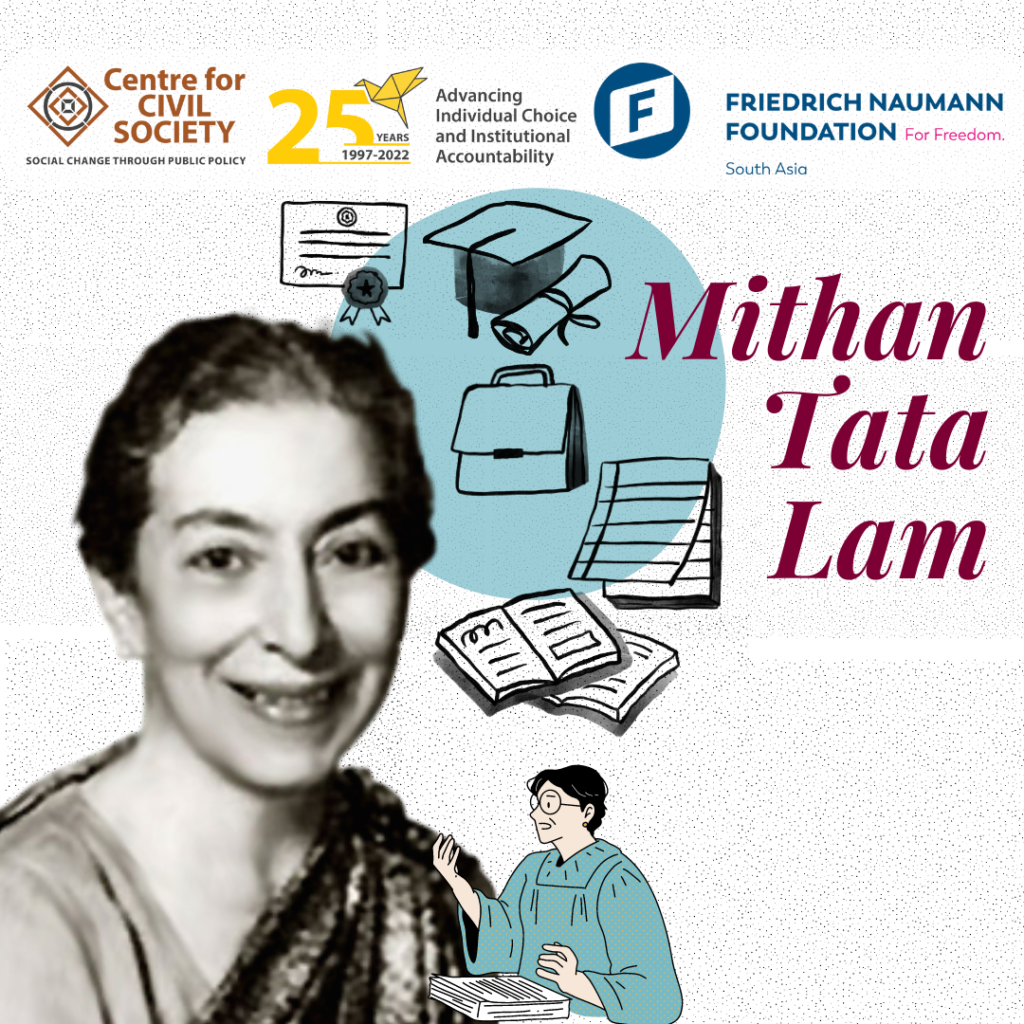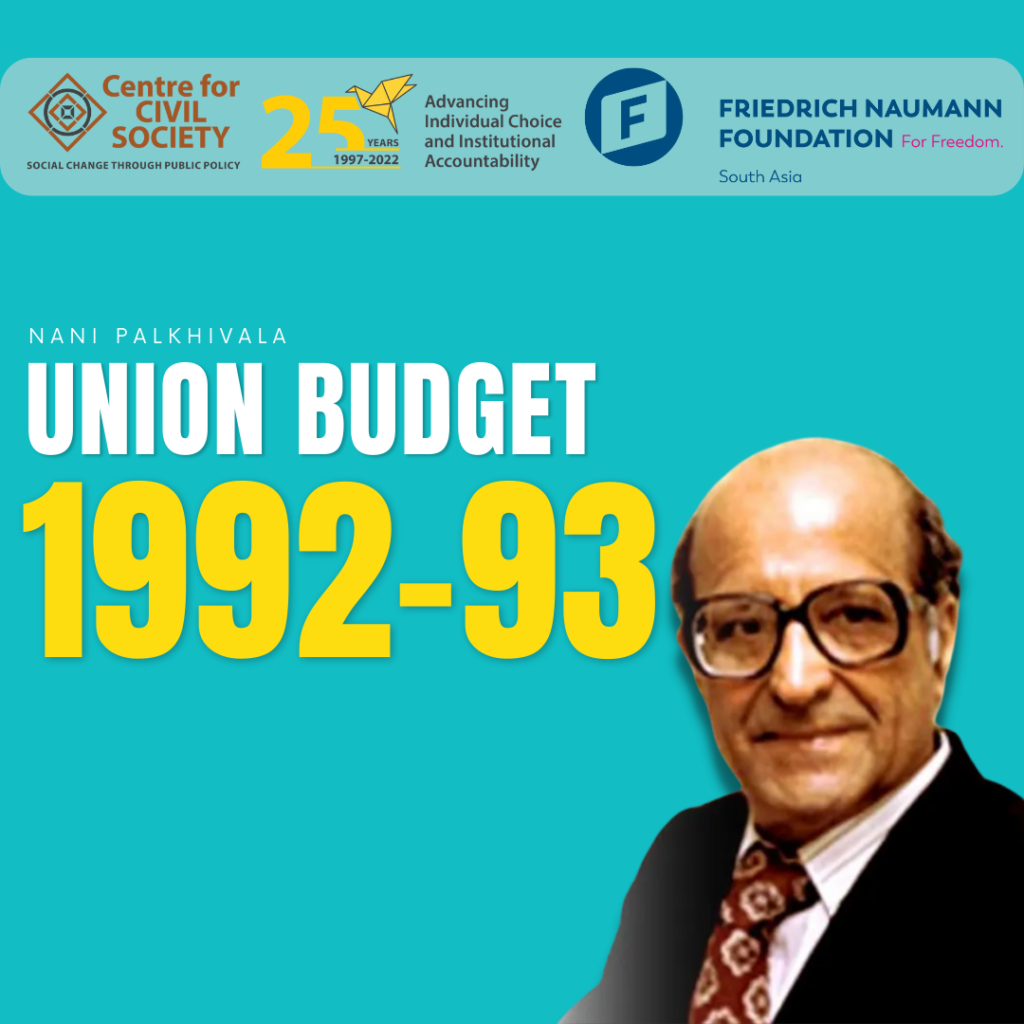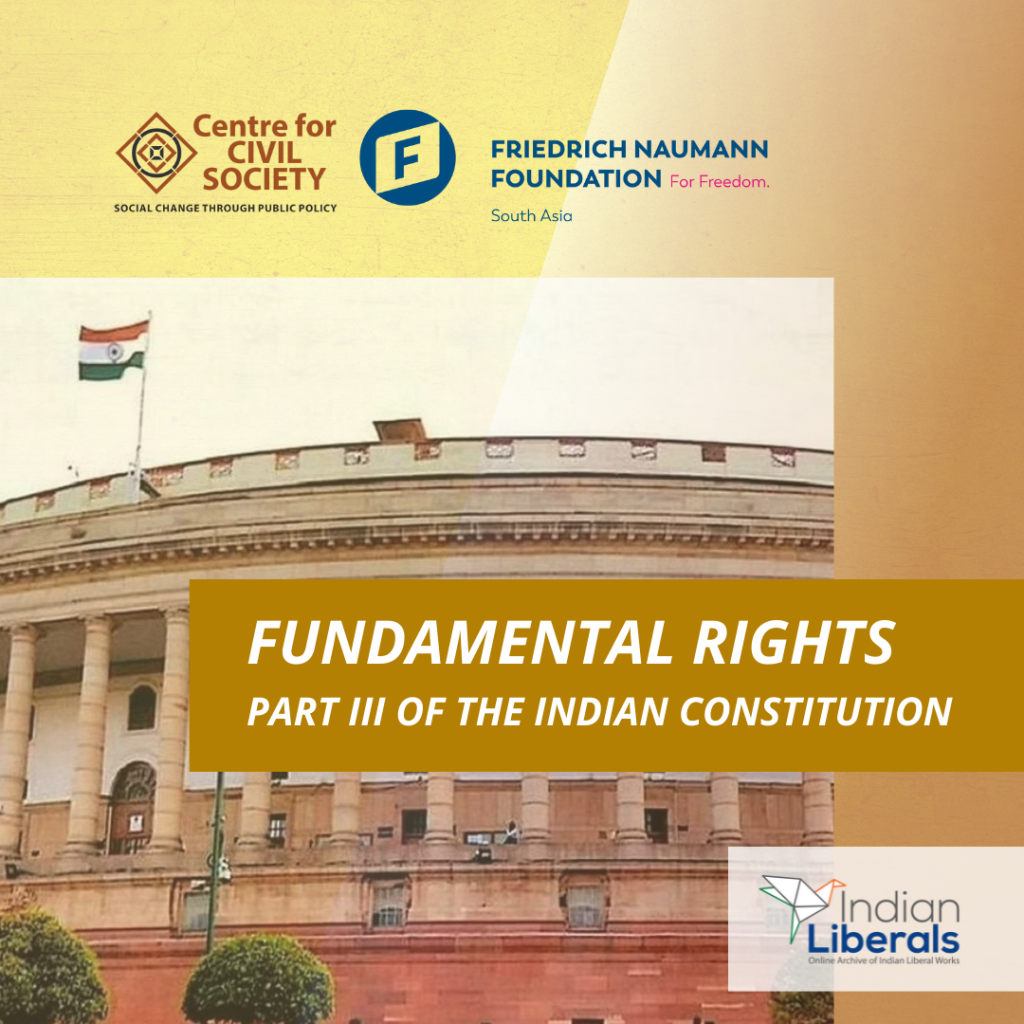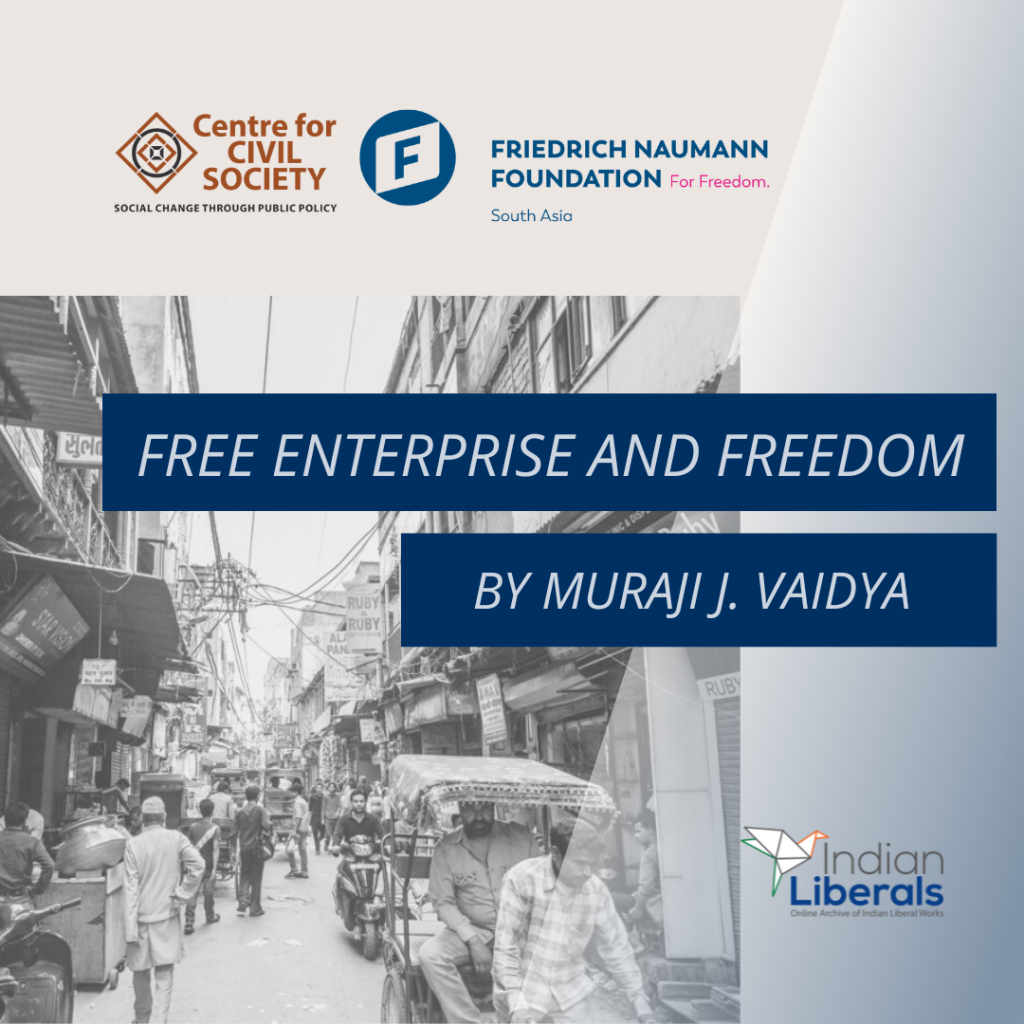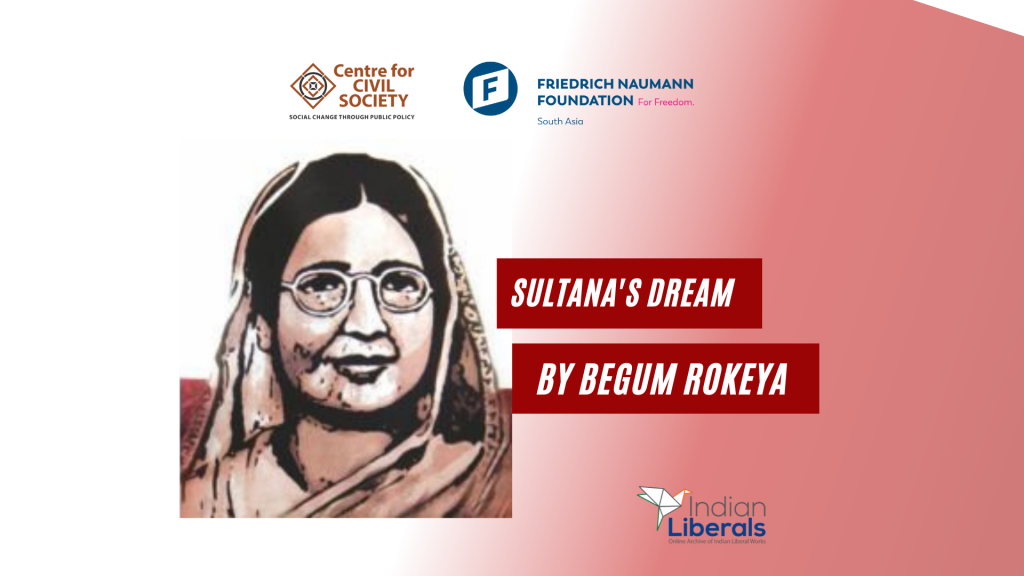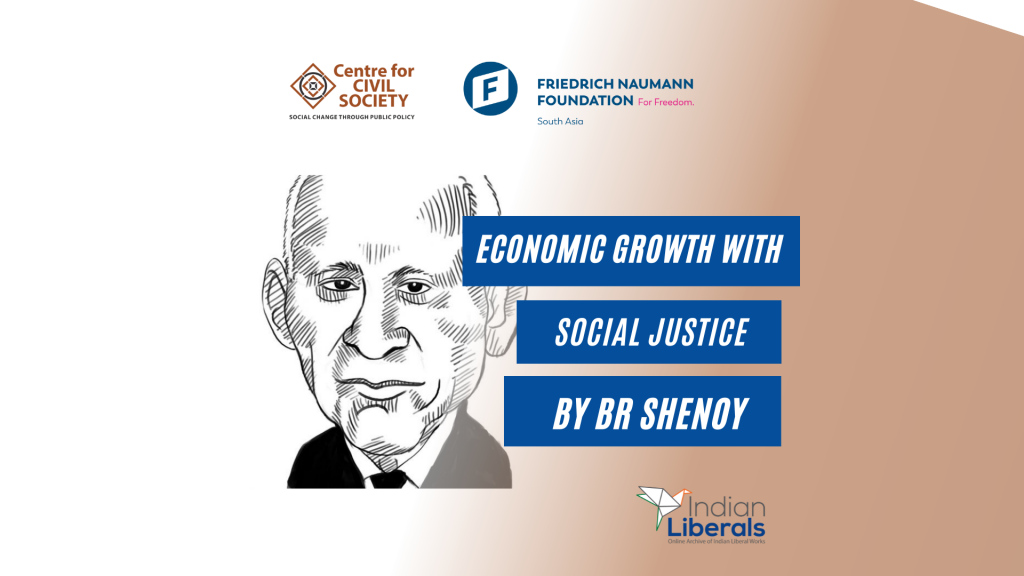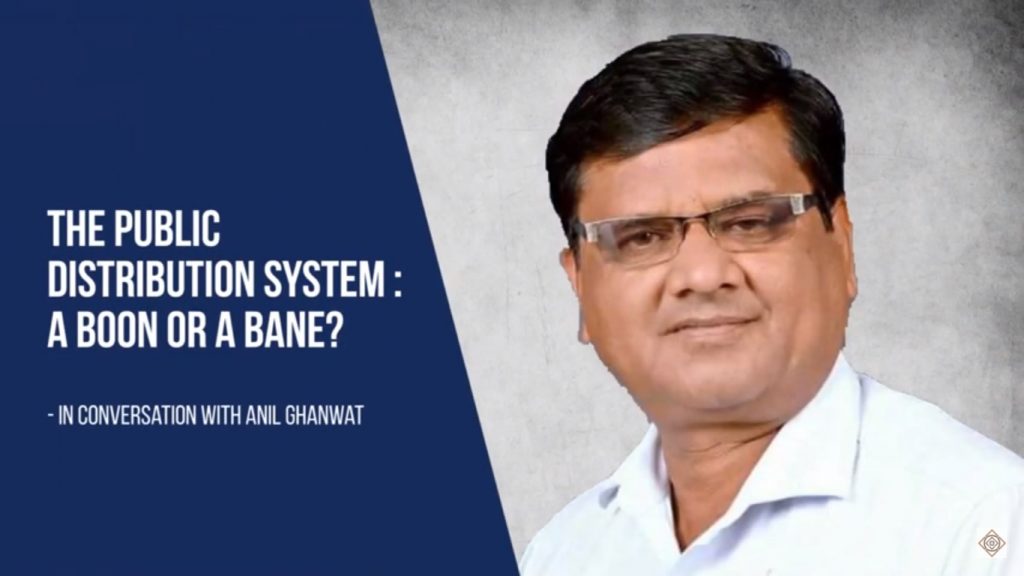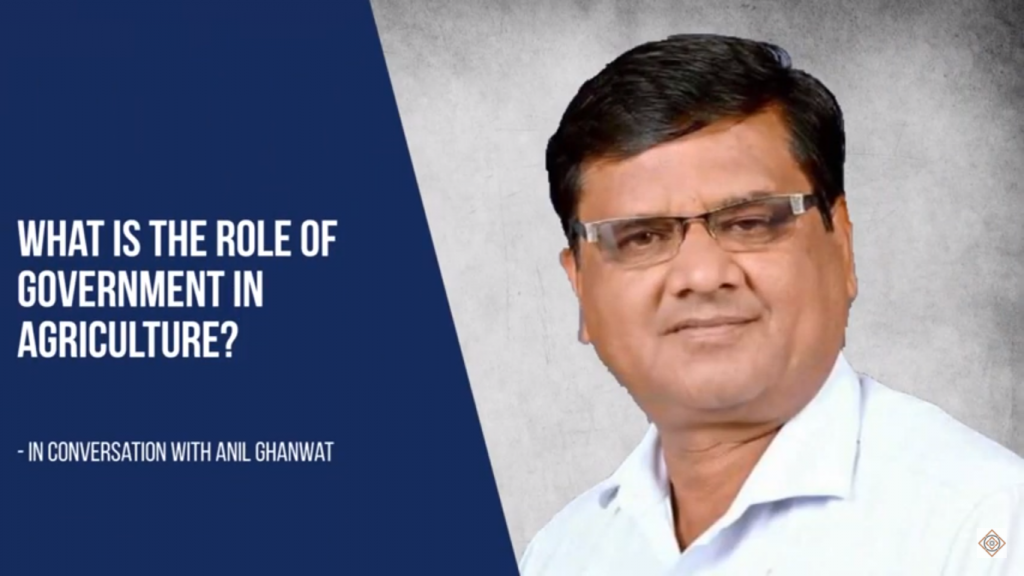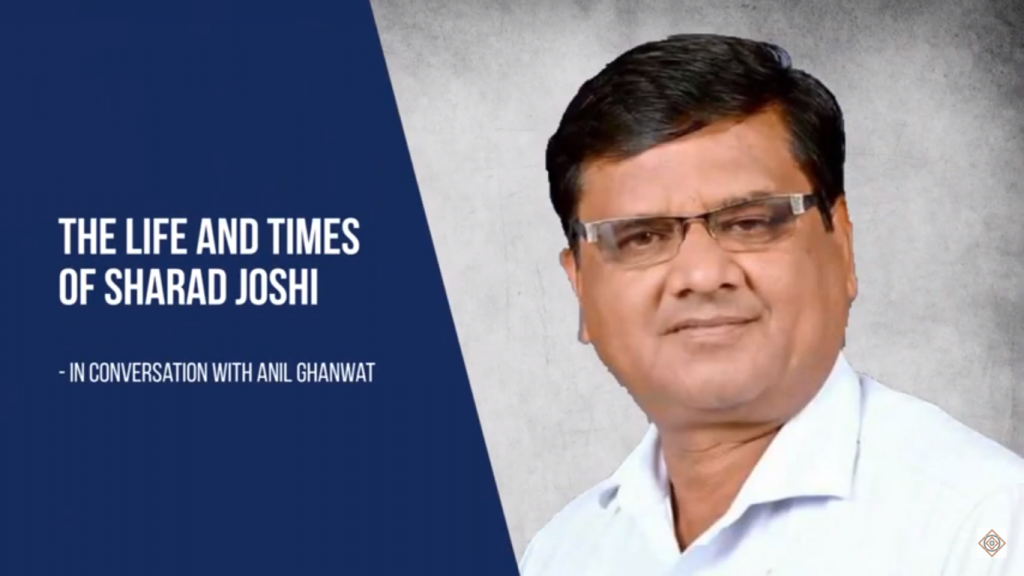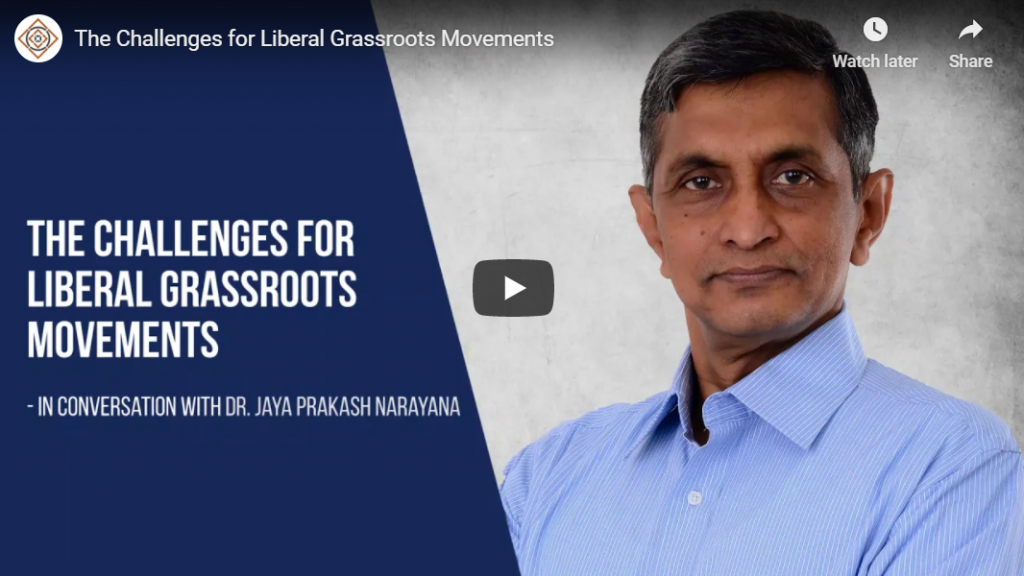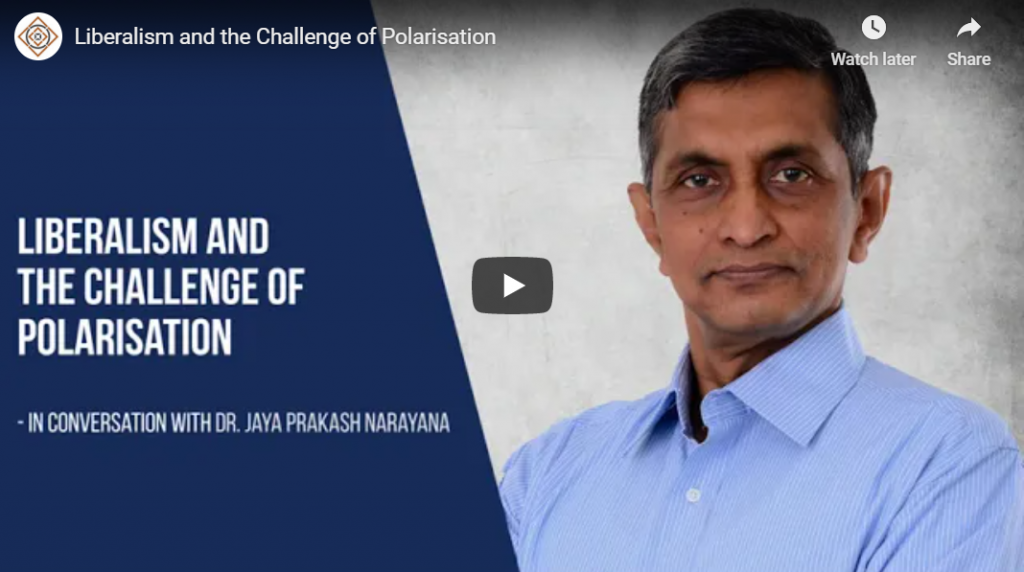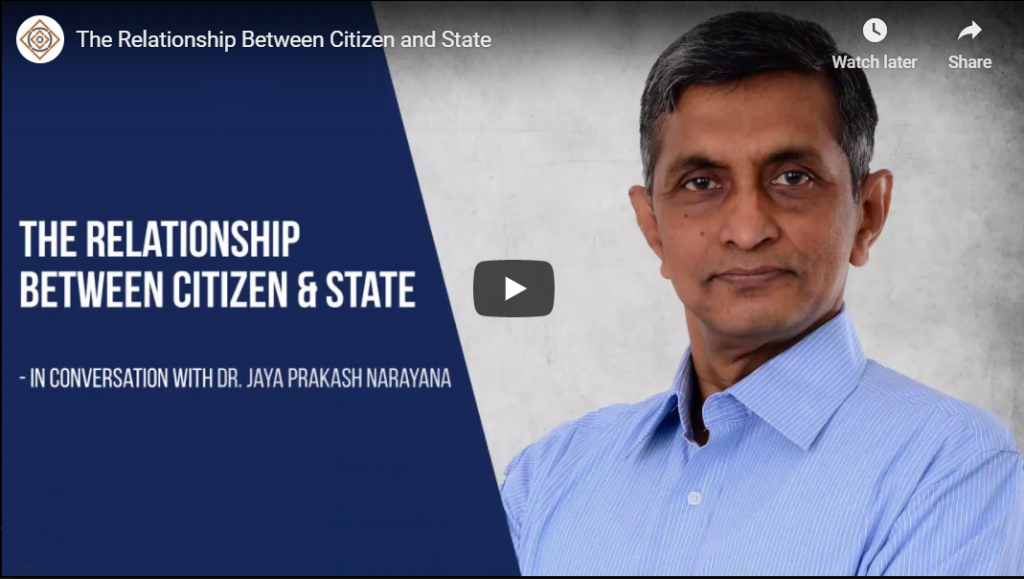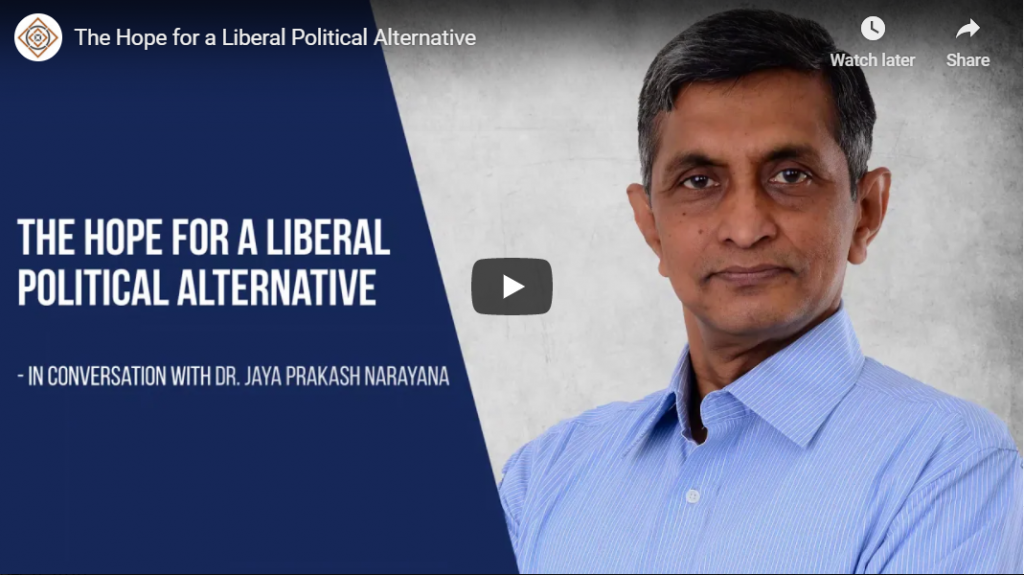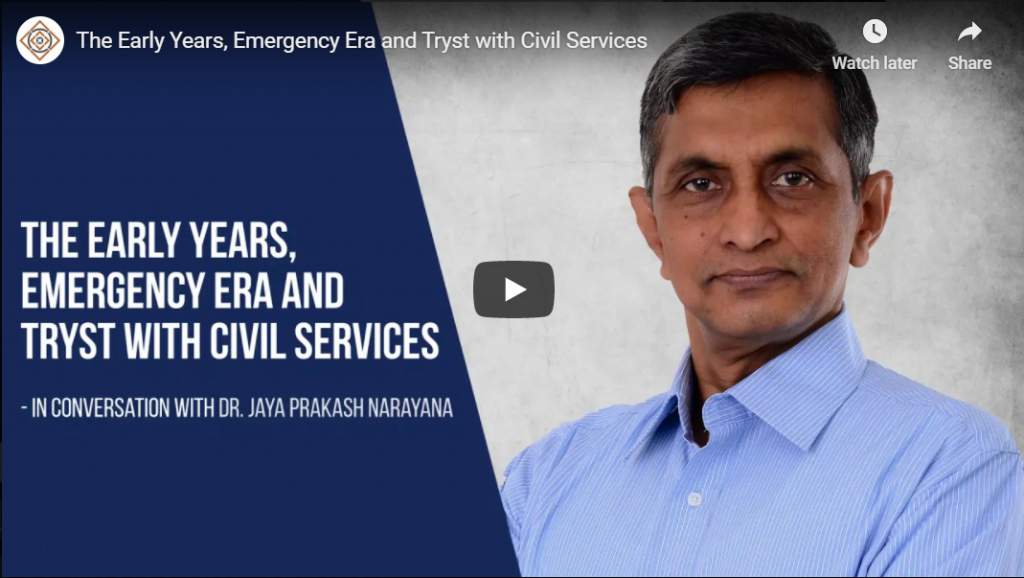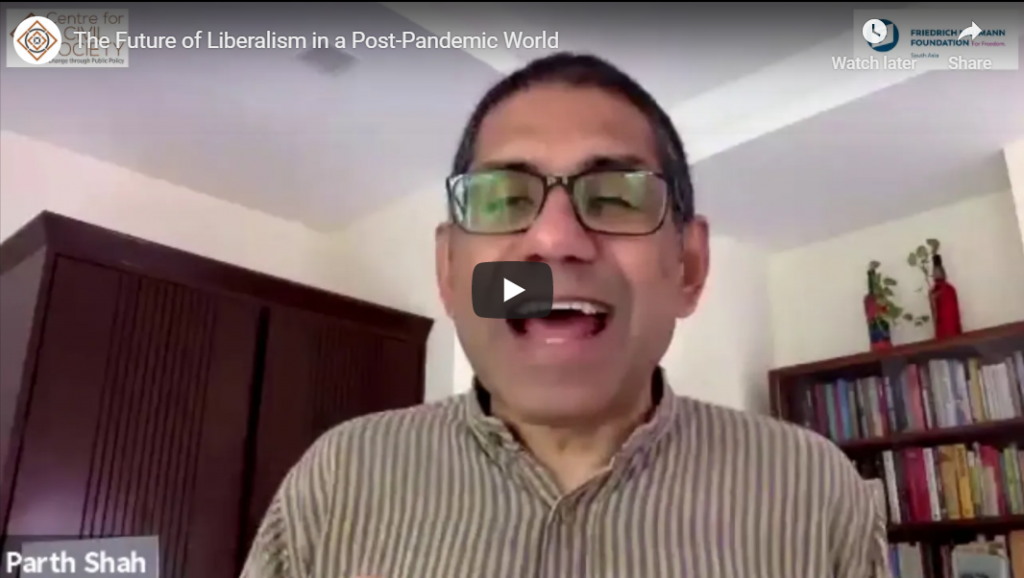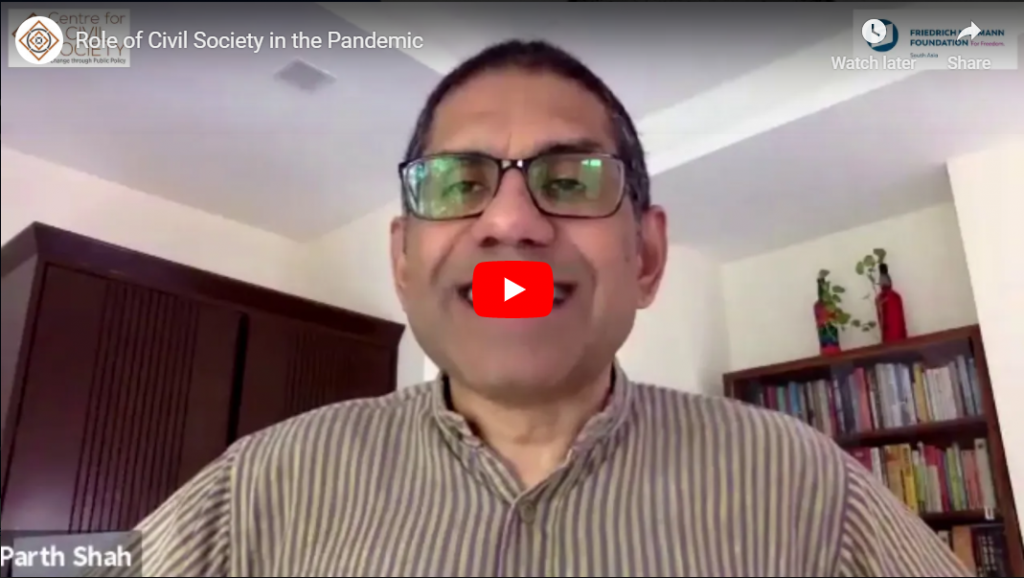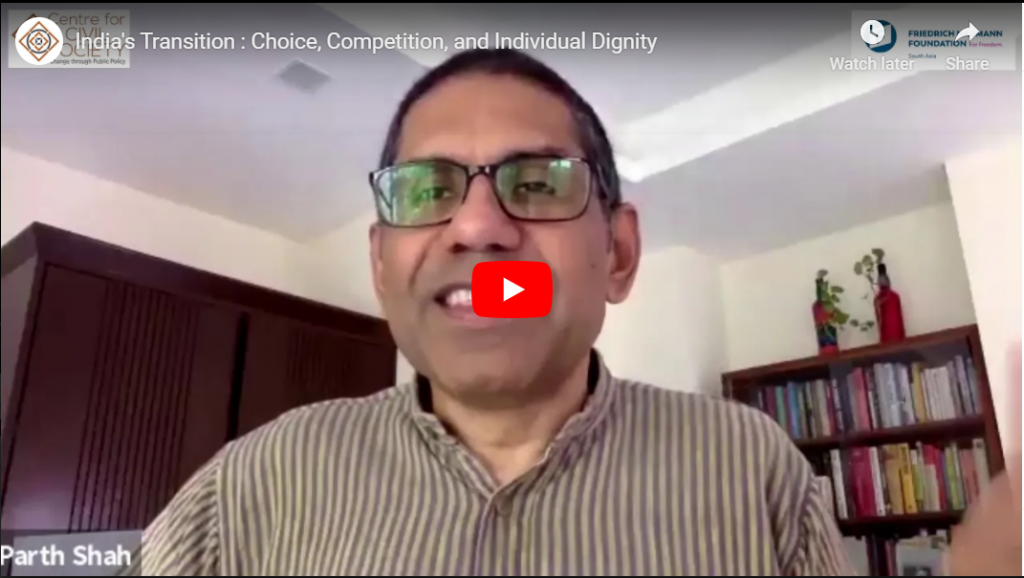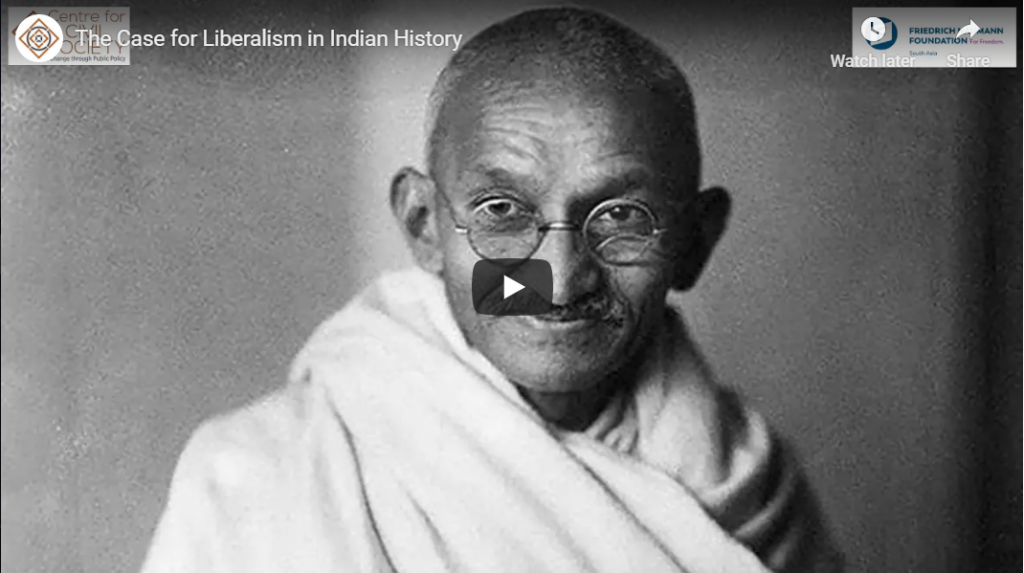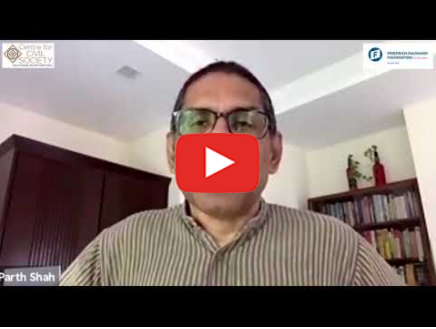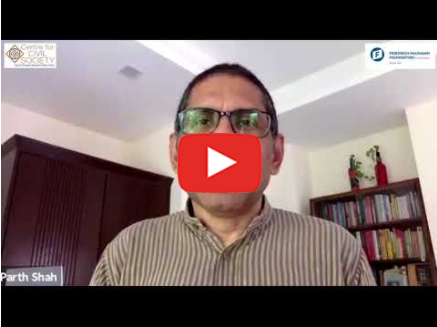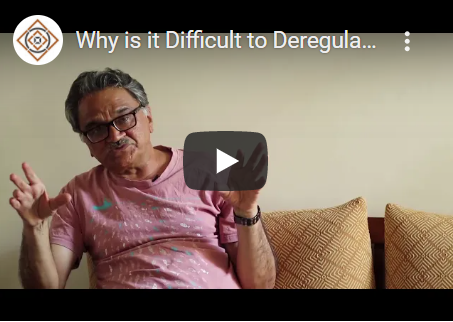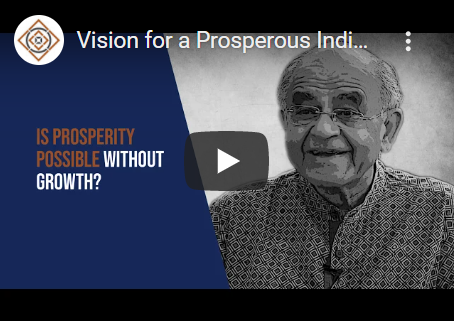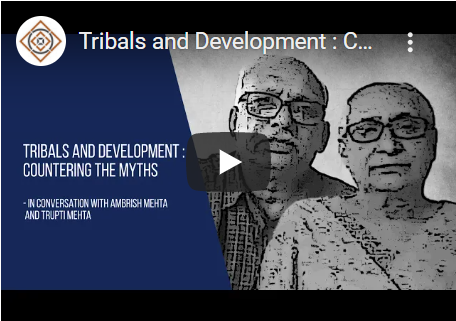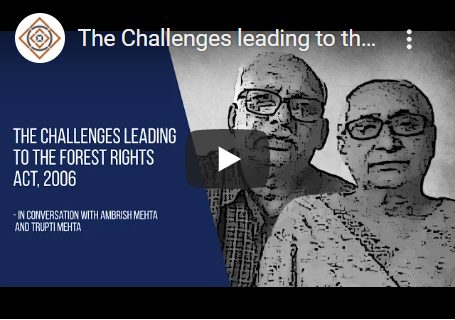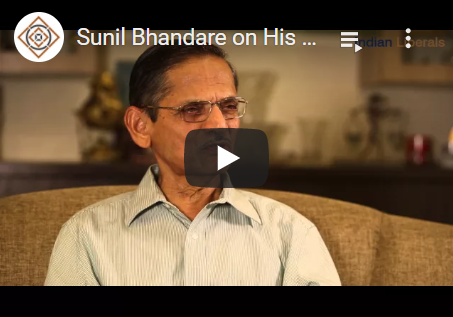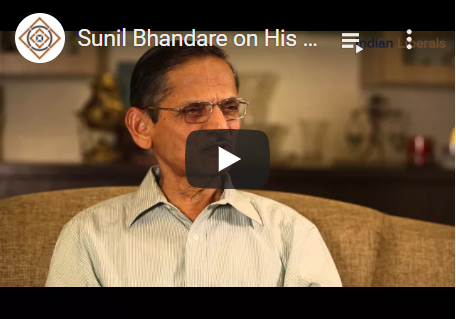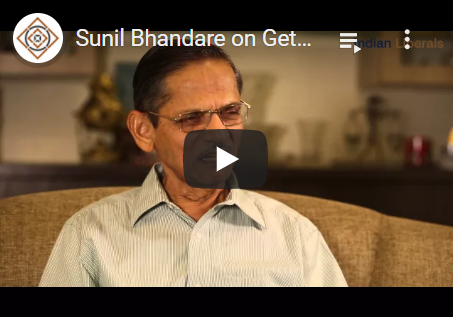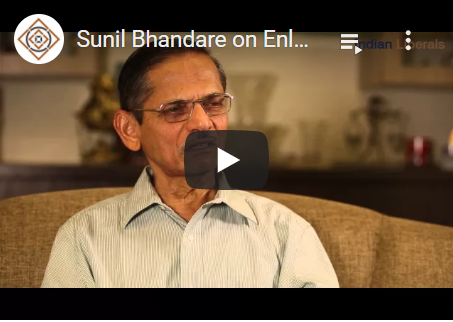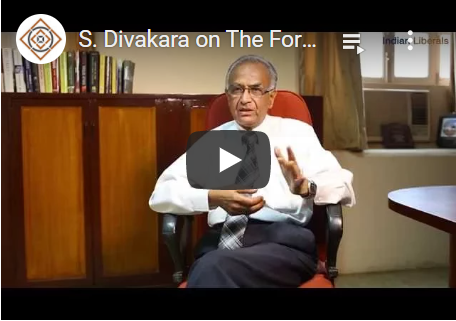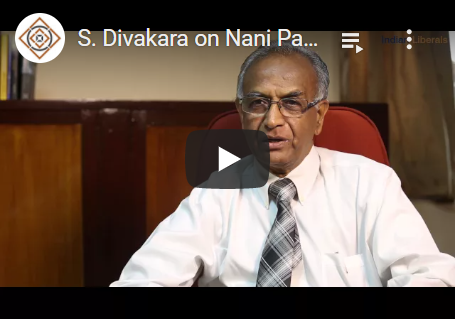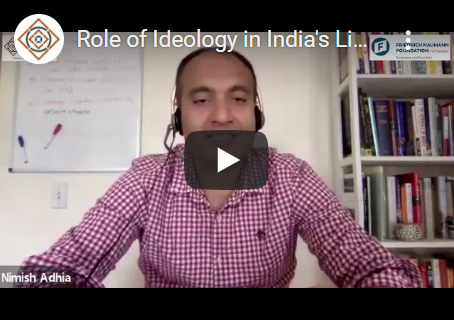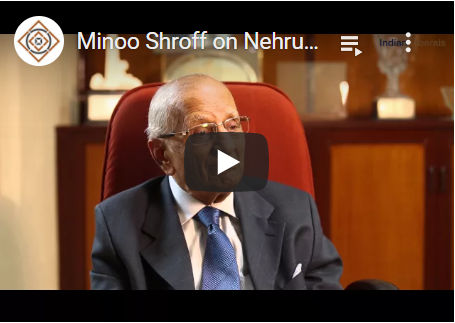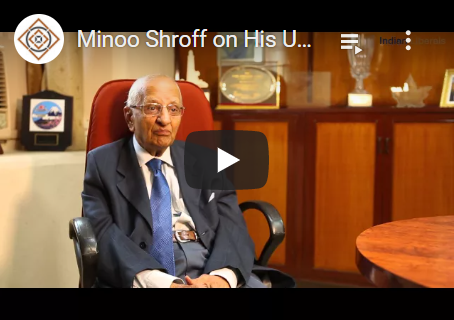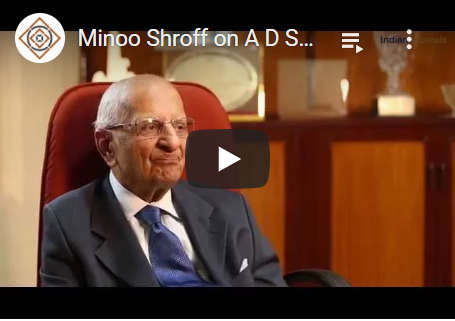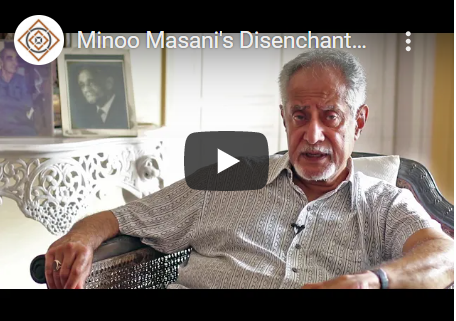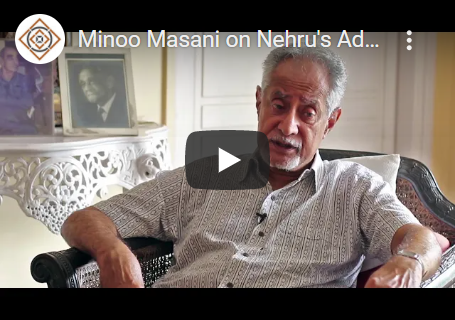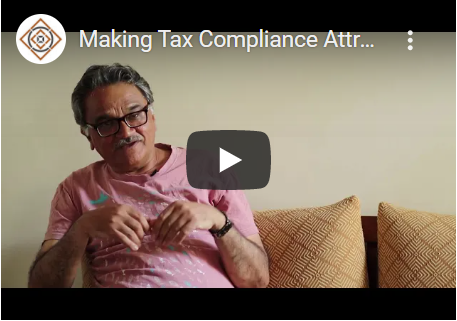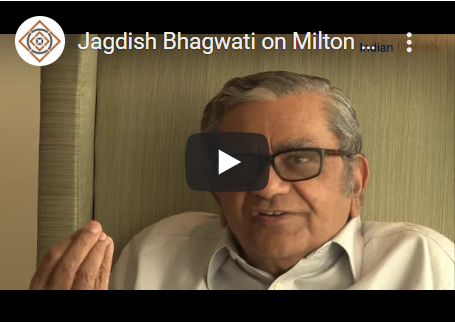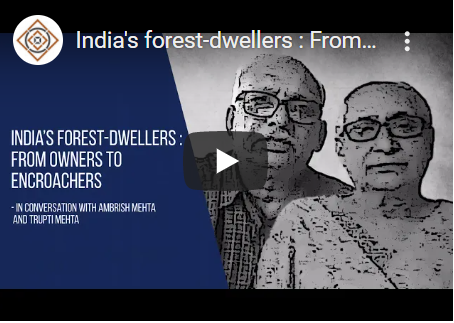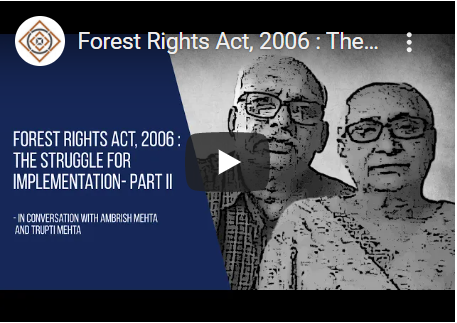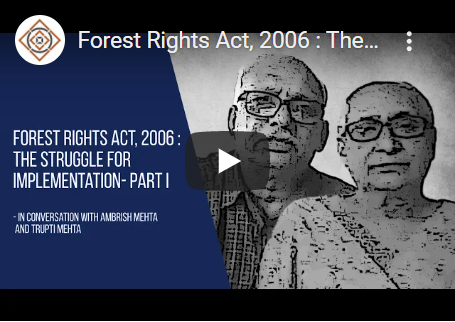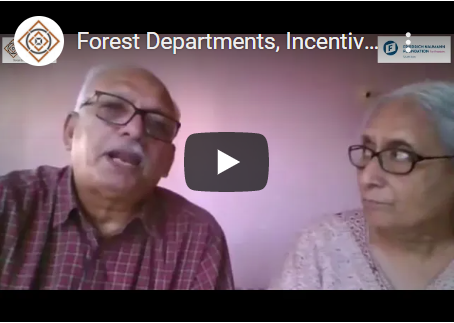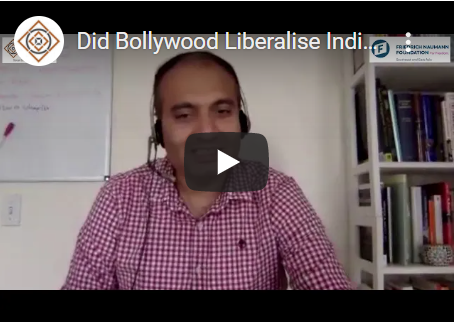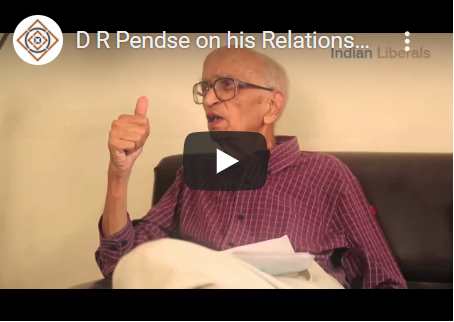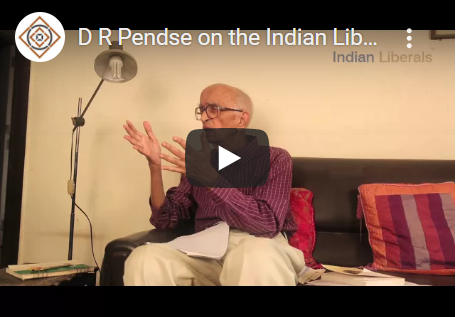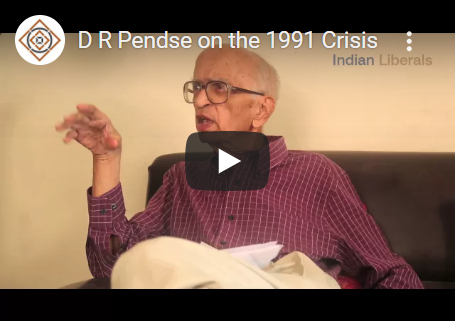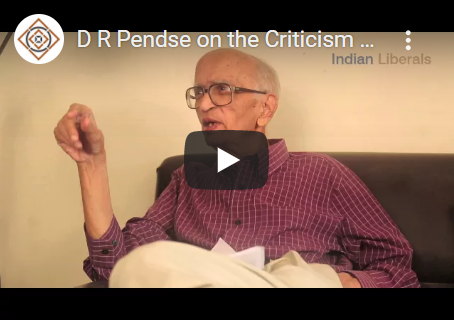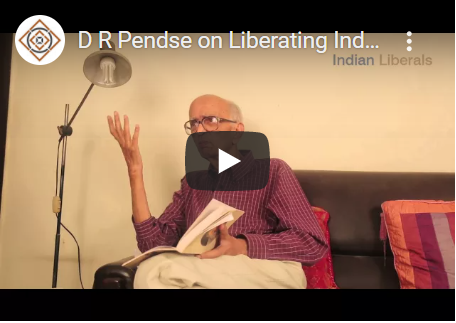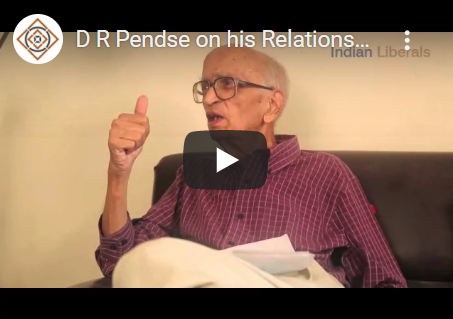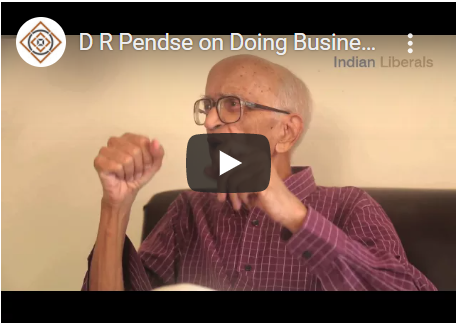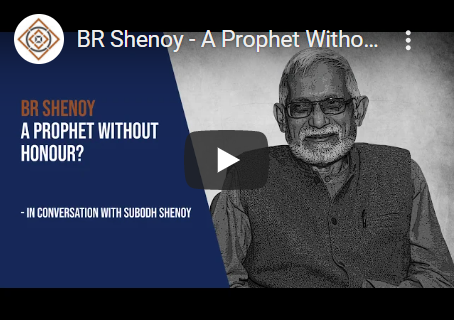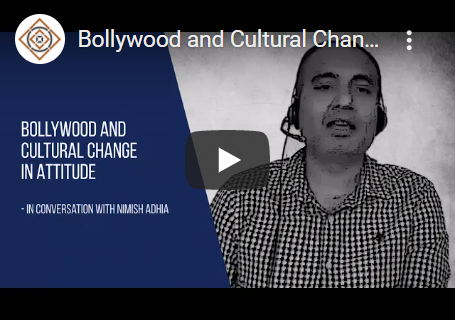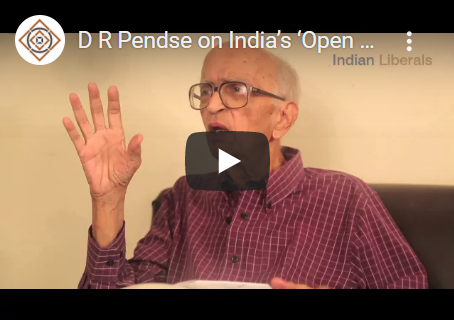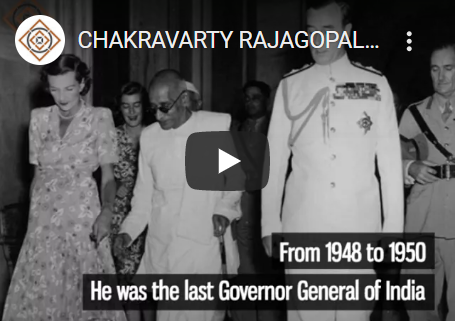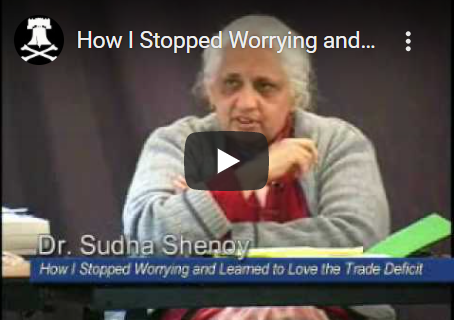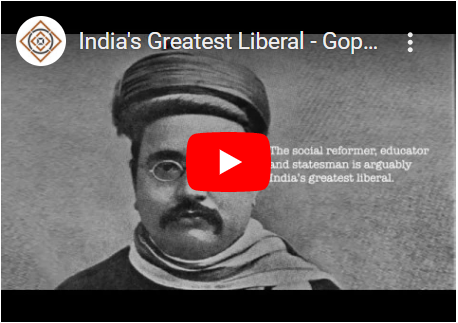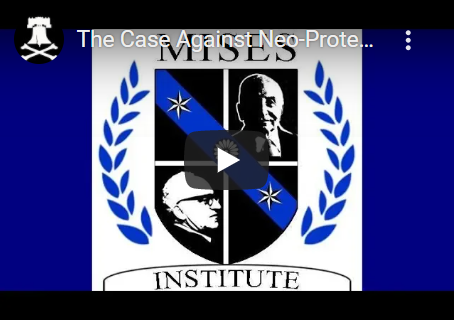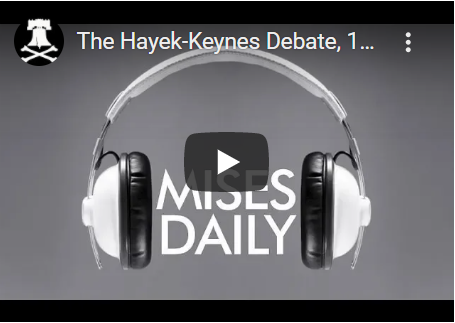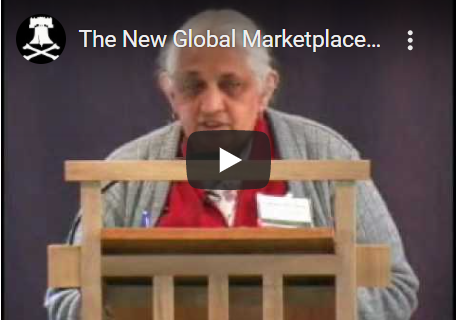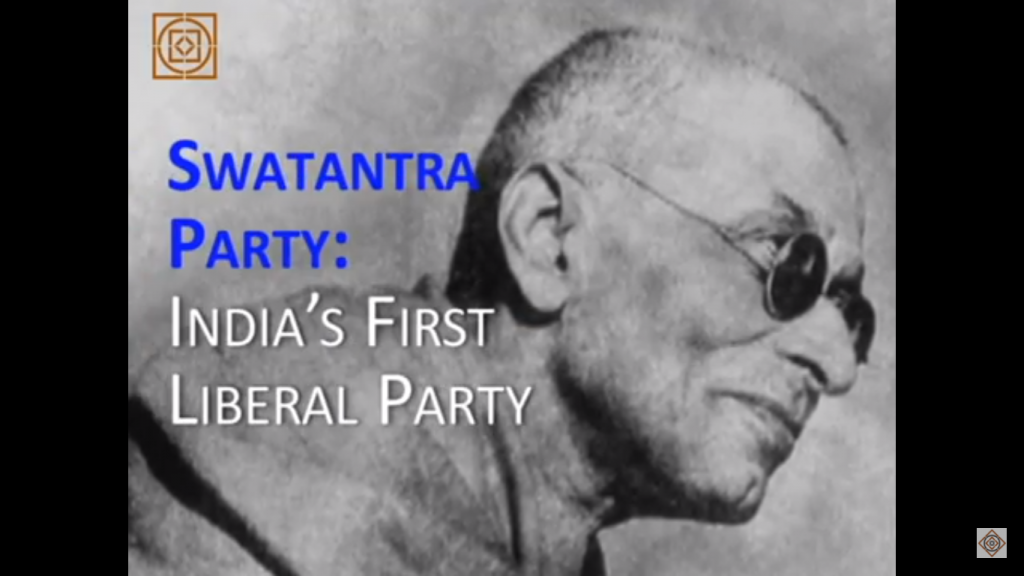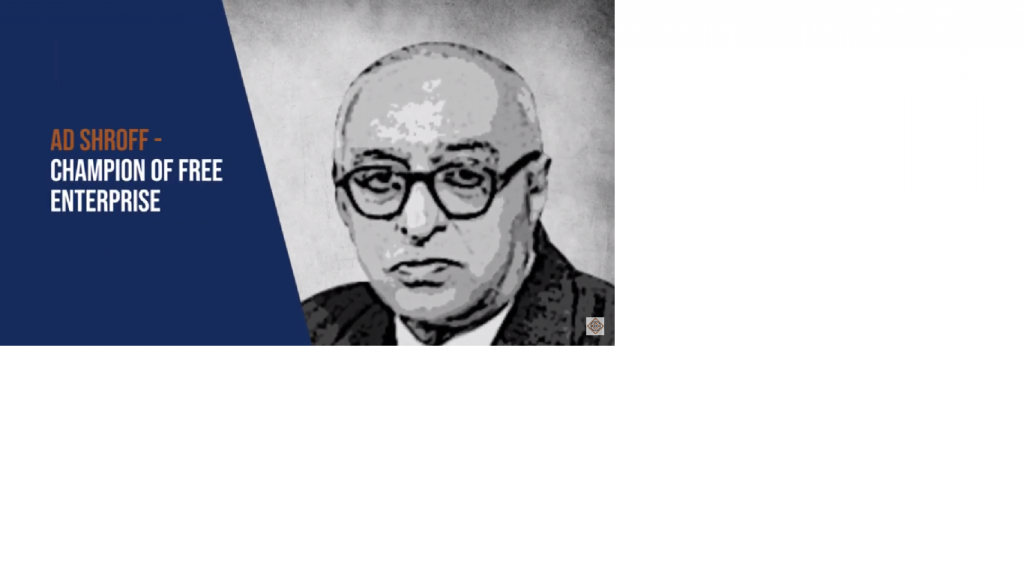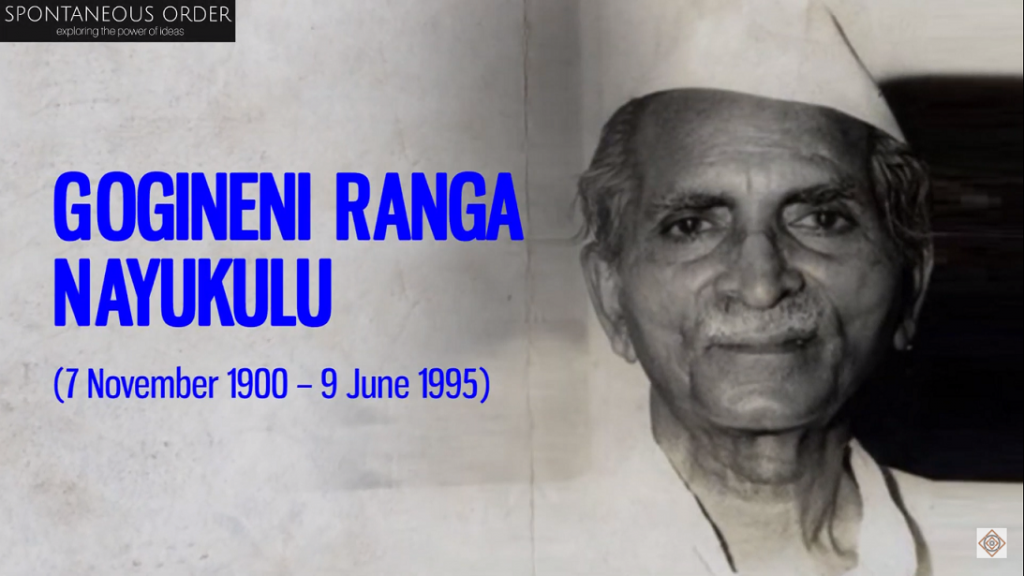Editorial Team
- July 21, 2023
Editorial Team
- April 5, 2023
Editorial Team
- November 30, 2022
Editorial Team
- September 9, 2022
Editorial Team
- August 29, 2022
Editorial Team
- June 29, 2022
Editorial Team
- May 30, 2022
Editorial Team
- May 11, 2022
Editorial Team
- March 30, 2022
Editorial Team
- February 20, 2022
Mithan Tata Lam- An Indian Lawyer & Suffragist
An Indian suffragist, Mithan Tata Lam was a successful lawyer and humanitarian worker. She was awarded Padma Bhushan in 1962.
Union Budget 1992-93 by Nani Palkhivala
Nani A Palkhivala authored a booklet on the Union Budget 1992-93, wherein he critically examines India’s first Budget post the 1991 liberalisation.
The Life & Legacy of Lady Abala Bose
Abala Bose made remarkable contributions as an educationist, suffragist and philanthropist in early 20th-century Bengal.
The Life & Legacy of Dr Janaki Ammal
Janaki Ammal was India’s first woman botanist. Awarded Padma Shri for her contributions in 1977, Dr Ammal showed unmatched scientific rigour.
IL Explainer – Ep 6 | Why Are Fundamental Rights Not Amendable?
A 1967 landmark judgement declared that it was not within the powers of the Parliament to abridge Fundamental Rights granted in Part III of the Constitution.
IL Explainer – Ep 5 | Free Enterprise and Freedom
Murarji J. Vaidya’s analysis of economic advancement under the Second Five-year Plan and what it meant for free enterprise.
IL Explainer – Ep 4 | Socialism Reconsidered by Minoo Masani
Socialism Reconsidered questioned four assumptions of Marxist socialism, and reflects Masani’s own intellectual journey
IL Explainer – Ep 3 | Streer Potro by Rabindranath Tagore
On Rabindra Jayanti, we revisit Streer Potro or A Wife’s Letter – an epistolary tale that talks about the individuality of a woman.
IL Explainer – Ep 2 | Sultana’s Dream by Begum Rokeya
Begum Rokeya was a torchbearer of Bengali Muslim women’s awakening. In Sultana’s Dream, she creates a utopian feminist land where women are freed from seclusion and oppression.
IL Explainer – Ep 1 | Economic Growth with Social Justice by B.R. Shenoy
In a 1977 paper, titled Economic Growth with Social Justice, B.R. Shenoy discussed the relationship between economic freedoms, consumer sovereignty and social justice.
Shetkari Sanghathana : A Movement for Freedom – Part II
In this #IndianLiberals video, Mr. Anil Ghanwat ( President, Shetkari Sanghathana) explains the historical roots of Shetkari Sanghathana and its efforts in mobilising farmers across the country for the cause of economic freedom.
Shetkari Sanghathana : A Movement for Freedom – Part I
In this #IndianLiberals video, Mr. Anil Ghanwat ( President, Shetkari Sanghathana) explains the historical roots of Shetkari Sanghathana and its efforts in mobilising farmers across the country for the cause of economic freedom.
The Public Distribution System : A Boon or a Bane?
In this #IndianLiberals video, Mr. Anil Ghanwat ( President, Shetkari Sanghathana) explains the discrepancies in the public distribution system which hurts both the farmers and the intended beneficiaries.
What is the Role of Government in Agriculture?
In this #IndianLiberals video, Mr. Anil Ghanwat ( President, Shetkari Sanghathana) discusses the Government’s role in agriculture.
The Life and Times of Sharad Joshi
In this #IndianLiberals video, Mr. Anil Ghanwat ( President, Shetkari Sanghathana) recalls the life, mission, and the leadership of Sharad Joshi, the farmer leader who spearheaded the movement of farmers freedom in Independent India.
The Challenges for Liberal Grassroots Movements
In this #IndianLiberals monologue, Dr. Jaya Prakash Narayana ( Founder, Lok Satta Movement) explains the statism and muddled notions of State prevalent within Indian psyche as well as the challenge it posed towards the rise of the Lok Satta movement.
Liberalism and the Challenge of Polarisation
In this #IndianLiberals monologue, Dr. Jaya Prakash Narayana ( Founder, Lok Satta Movement) talks about the politics of individuation as an antidote to the challenge of polarisation.
The Relationship Between Citizen and State
In this #IndianLiberals monologue, Dr. Jaya Prakash Narayana ( Founder, Lok Satta Movement) discusses the liberalism's larger philosophy i.e. the relationship between Citizen and State
The Hope for a Liberal Political Alternative
In this #IndianLiberals monologue, Dr. Jaya Prakash Narayana ( Founder, Lok Satta Movement) emphasises the political framework in India and further outlines the path for fundamental reform through a liberal political alternative.
The Early Years, Emergency Era and Tryst with Civil Services
In this #IndianLiberals monologue, Dr. Jaya Prakash Narayana ( Founder, Lok Satta Movement) recalls his early years, the emergency era, and his tryst with India's Civil Services.
The Future of Liberalism in a Post-Pandemic World
In this #IndianLiberals video, Dr. Parth J. Shah ( President, Centre for Civil Society) emphasises on the need to form viable alliances to safeguard both personal and economic liberty in the post-pandemic world.
Role of Civil Society in the Pandemic
In this #IndianLiberals video, Dr. Parth J. Shah ( President, Centre for Civil Society) brings to the fore the important and often unexplored role of civil society in alleviating suffering during the COVID-19 pandemic.
India’s Transition : Choice, Competition, and Individual Dignity
In this #IndianLiberals monologue, Dr. Parth J. Shah ( President, Centre for Civil Society) draws from his own personal experience how a liberalising economy helped in not just giving choice and competition to Indian consumers but also a sense of dignity.
The Case for Liberalism in Indian History
In this #IndianLiberals monologue, Dr Parth J. Shah ( President, Centre for Civil Society) talks about liberal narratives within Indian history and the way liberal values were reflected in many works of Indian thinkers.
Centre for Civil Society : A Journey in Time
In this #IndianLiberals monologue, Dr Parth J. Shah ( President, Centre for Civil Society) takes us on a journey in time and talks about Centre for Civil Society's two decades of work in advancing liberalism in India.
Liberalism and the Populist Challenge
In this #IndianLiberals monologue, Dr. Parth J. Shah ( President, Centre for Civil Society) decodes and explains populism and the challenges it poses to the liberal order. To watch more videos of this series, visit www.indianliberals.in
Why is it Difficult to De-regulate Labor in India?
The Indian State has has a far greater control on labor than in many other emerging economies. Should labor be de-regulated? What are the impediments towards having a de-regulated labor market?
Vision for a Prosperous India – Gurcharan Das
We are two years away from celebrating out 75th anniversary of independence. Gurcharan Das (Indian author and public intellectual) talks to Indian Liberals to discuss his vision for a prosperous India and the strategy to make it possible.
Tribals and Development: Countering the Myths
In this #IndianLiberals video, Ambrish Mehta and Trupti Mehta ( Activists, ARCH-Vahini) discuss the common myth about development and tribals. They highlight the importance of better standards of living for the tribal communities.
The Challenges leading to the Forest Rights Act, 2006
In this #IndianLiberals video, Ambrish Mehta and Trupti Mehta ( Activists, ARCH-Vahini) highlight the key challenges and upheavals involved in their struggle for the enactment of the Forest Rights Act, 2006.
Sunil Bhandare on private enterprise post 1991 reforms
Sunil Bhandare, Advisor, Tata Strategic Management Group talking about private enterprise in post-reform era, their skepticism and how they overcame it.
Sunil Bhandare on his experiences with Indian liberal organisations
Sunil Bhandare, Advisor, Tata Strategic Management Group talks about his interactions and experiences with Indian liberal organisations like Forum of Free Enterprise, Indian Liberal Group and the Project for Economic Education.
Sunil Bhandare on Getting Disillusioned With Socialism and His Journey to Become A Liberal
Sunil Bhandare, Advisor, Tata Strategic Management Group speaks about getting disillusioned with socialism and his journey to become a liberal.
Sunil Bhandare on enlarging the “constituency of reforms” in India
Sunil Bhandare, Advisor, Tata Strategic Management Group discussing ways through which what he calls "constituency of reforms" could be enlarged.
S. Divakara on The Forum of Free Enterprise
S. Divakara, the Director-General of The Forum of Free Enterprise talks about the organisation he has worked most of his life at.
S. Divakara on Nani Palkhivala’s Union Budget Commentaries
S. Divakara, Director-General of the Forum of Free Enterprise speaking about Nani Palkhivala's famous Union Budget commentaries. These commentaries used to be annually organised by the Forum in Bombay soon after Finance Minister's annual budget speeches.
Role of Ideology in India’s Liberalisation
In this #IndianLiberals monologue, Nimish Adhia discusses the crucial role of ideology in India's liberalisation. He talks about the ideological component and emphasises it as an important factor leading to the opening up of the Indian economy.
Minoo Shroff on Nehru, Welfare and India’s Promise
Minoo Shroff of the A D Shroff Memorial Trust talks about Nehru, welfare, entitlements and India's promise
Minoo Shroff on A D Shroff Memorial Trust and the Forum of Free Enterprise
Minoo Shroff talks about A D Shroff Memorial Trust and the Forum of Free Enterprise.
Minoo Masani’s Disenchantment with the Soviet Economic Model – In Coversation with Zareer Masani
Minoo Masani talks about his disenchantment with Soviet model characterized by tight centralization, political repression and state control.
Minoo Masani on Nehru’s Adoption of Socialism – In Conversation with Zareer Masani
Zareer Masani, author, historian and son of late politician, Minoo Masani talks about the reasons which pushed his father for establishing the Swatantra Party - Nehru's adoption of socialism, nationalization of key industries, and a strict licencing system.
Making Tax Compliance Attractive
Why is tax-compliance so low in our country and is our State penalizing honest tax payers
Jagdish Bhagwati on Milton Friedman
Jagdish Bhagwati discusses Friedman’s disenchantment with the Planning Commission and the centralized economic planning approach adopted by India.
India’s forest-dwellers: From Owners to Encroachers
In this #IndianLiberals video. Ambrish Mehta and Trupti Mehta ( Activists, ARCH-Vahini) explain the historical, political and social reasons which led to the plight of forest-dwellers from being owners to encroachers on their own land.
Forest Rights Act, 2006: The Struggle for Implementation – Part II
In this #IndianLiberals video, Ambrish Mehta and Trupti Mehta ( Activists, ARCH-Vahini) talk about the key features of the Forest Rights Act, 2006 and the hurdles towards the implementation of the Act on ground. They draw lessons from their own experience in fighting for the rights of forest dwelling communities.
Forest Rights Act, 2006 : The Struggle for Implementation – Part I
In this #IndianLiberals video, Ambrish Mehta and Trupti Mehta ( Activists, ARCH-Vahini) talk about the key features of the Forest Rights Act, 2006 and the hurdles towards the implementation of the Act on ground. They draw lessons from their own experience in fighting for the rights of forest dwelling communities.
Forest Departments, Incentives and the Environment
In this #IndianLiberals video, Ambrish Mehta and Trupti Mehta ( Activists, ARCH-Vahini) dispel the misconception surrounding a conflict of interest between tribals and the natural environment. They also discuss the role of incentives in the form of ownership of resources in furthering environmental conservation.
Did Bollywood Liberalise India or Did India Liberalise Bollywood?
In this #IndianLiberals monologue, Nimish Adhia answers the crucial question surrounding India's liberalisation and highlights the interplay between Bollywood, Indian society and the economy.
BR Shenoy – A Prophet Without Honour?
Why was BR Shenoy, one among few Indian economists who spoke out against the socialist planning approach considered a prophet without honour in his own country? Is he forgotten for the wrong reasons?
Bollywood and Cultural Change in Attitude
In this #IndianLiberals monologue, Nimish Adhia talks about the cultural changes within Indian society which affected Bollywood's portrayal of heroes and the overall plot of the movies. He talks about the transition happening between the 1950s and 1980s.
Swatantra Party : India’s First Liberal Party
Swatantra Party was the first political party in India to openly endorse liberal values and market-friendly economic policies.
A.D. Shroff – Champion of Free Enterprise
Shroff was amongst the earliest proponents of free enterprise in India.
N.G. Ranga – Guardian of Peasants’ Rights
N.G Ranga was one of the few leaders who not only had intimate knowledge of the problems of agriculture, but was also involved in the promotion of peasant proprietorship for over two decades.
Crushing Burden of Taxation – Nani Palkhivala (1958)
The following excerpt is taken from Nani Palkhivala's essay, "Crushing Burden of Taxation," published by the Forum of Free Enterprise in 1958. In this piece, Palkhivala critiques India's tax laws and the unchecked power of the Executive, advocating for a balanced approach that promotes fairness, equity, and economic growth. Under the Constitution of India, the...

